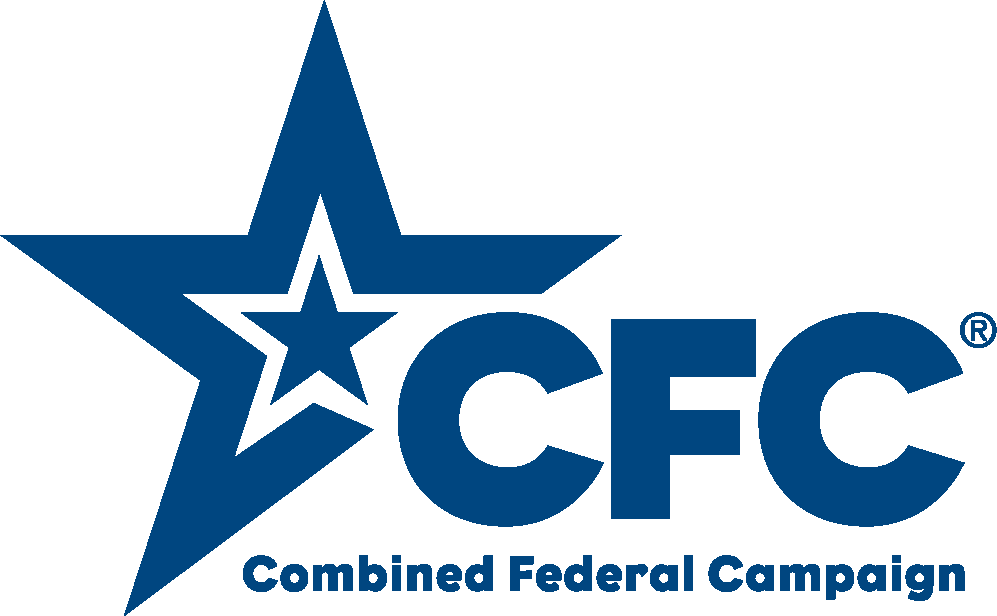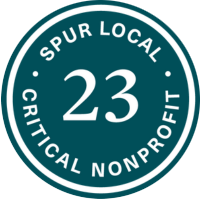Jews United for Justice & Jews for Urban Justice
Jews for Urban Justice (JUJ, 1967-1971) and Jews United for Justice (JUFJ, 1998-present) are entirely separate organizations.
Some members of JUJ helped found and are active in JUFJ, however, and the groups share(d) a concern for Jewish approaches to housing, labor, and other social justice issues.
Jews for Urban Justice (1967-1971)
JUJ was organized to combat social problems directly connected with Jews. It was formally established in Washington, DC in 1967, based on earlier efforts around housing discrimination.
JUJ was involved in national efforts, including the Poor People’s Campaign (1968) and the National Grape Boycott (through 1970) as well as local issues, including protesting the sale of the DC Jewish Community Center. In 1968, JUJ produced “A Report on Social Action and the Jewish Community,” highlighting lack of social justice engagement by Jewish congregations and organizations.
JUJ sponsored the Freedom Seder in 1969, bringing together Black and Jewish communities to explore liberation from militarism and racism while marking MLK’s first yahrzeit. The event and its haggadah helped launch decades of further alternative Passover celebrations, including JUFJ’s Labor and Social Justice Seders decades later.
In 1970, members of JUJ received a UJA-Federation of Washington grant to launch Fabrangen: A Jewish Free Culture Center, and that led to Fabrangen Havurah, one of the oldest independent, egalitarian Jewish havurah [fellowship] groups in the nation, which began holding worship services in 1971.
In 2018, a 49th Anniversary Freedom Seder was held in DC, and The Shalom Center hosted a 50+MLK Interfaith Freedom Seder in Philadelphia and posted the haggadah for use around the country.

Links and resources
Click here for PDF of this JUF & JUFJ history page.
Guide to Jews for Urban Justice at American Jewish Historical Society
“Passover should make us uncomfortable” by Jeffrey Salkin
Download original Freedom Seder Haggadah via Shalom Center.
The history of Fabrangen
“Anti-Racism Dinner Party that Changed American Judaism,” Washington Post


